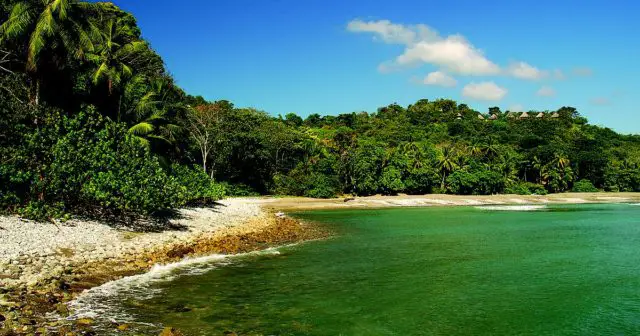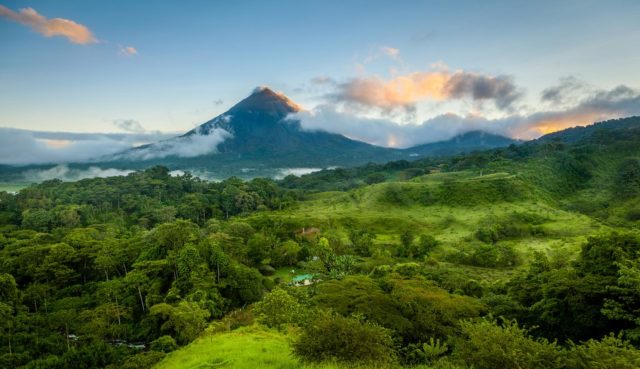The balance of nature may be disturbed by various causes. Events such as cataclysms are geological phenomena that alter the conditions of the environment as we know it. Floods, hurricanes, earthquakes, etc., although not very frequent, are examples of that kind of phenomena.
Today, there is a danger of disturbance -more real than ever before- because of the invasive action of man and his destructive power by irrationally exploiting forests and contaminating air, soil, and water. As a consequence, ecosystems have suffered multiple disturbances throughout the different geological ages.
Actually, in nature, change and instability are the normal conditions. But these changes are produced gradually and naturally. The same dynamics applies for any ecosystem, which produces changes while maintaining its natural balance.
Believe it or not, temporary disturbances that occur within the ecosystem and that only affect some species establish, broadly speaking, a dynamic equilibrium through which other species belonging to biocenosis adapt to new situations without violence or shock.
On the other hand, irrational exploitation of ecosystems of forests, pollution, and fires caused by men has caused serious damage to nature not only in America but around the world.
Maintaining the balance of nature does not mean not using natural resources, but using them rationally or smartly. Large areas of land can be cultivated; wood removed from forests, and the fishing wealth extracted from the sea.

However, what should not be done is to destroy the forests to extract wood, allocate steep slopes of the mountains for crops, or use gear or inadequate fishing methods which harm marine and freshwater fauna. In the terrestrial ecosystem, each type of soil must be given the use according to its specific characteristics.
Natural resources
They are all goods that are found in nature and that can be used for the benefit of man. The heritage of a nation is constituted by its natural resources. Legally speaking, all citizens have the duty to ensure the conservation because we must seek the well-being, not only of present generations but also of the future ones.
We should know that conservation includes flora, fauna, soil, water, environment, air, landscape, and chemical elements in their natural state. The classification of natural resources into renewable and non-renewable has become classic.
Today, the classification of renewable and non-renewable resources is not emphasized as in the past. Due to the state of deterioration and degradation of the environment, all resources have ceased to be inexhaustible, even if they remain without the intervention of humans.
In this regard, much has been said and discussed the aims and objectives of the conservation of natural resources. Men, according to rationality, should limit themselves to contemplation and spiritual enjoyment of those resources.

For others, conservation is the rational use of natural resources. It implies efficient management as well as protection and conservation measures so that we can enjoy them indefinitely.
Since the rational management of natural resources contributes to our own well-being, we must avoid the loss of ecological balance at all possible means. The fact of using rationally natural resources implies their use under certain norms with the aim to protect those resources from abuse and exploitation.
In other words, if the resource is misused or exploited, then it is done irrationally. Although humans are also the most important natural resource any country has, the rational use and protection measures for these resources guarantee their permanence for our welfare.
Non-renewable natural resources
They are those whose exploitation tends to exhaust them, without the possibility of replacement. Among these resources, we have oil, iron, coal, precious metals and, in general, all minerals useful to man. In this case, conservation must be referred to as the moderate and smart use of these resources.
Water conservation
It is the most important natural resource for life because it is indispensable for human beings, since all vital functions are required by water. For its effective conservation, we must avoid the contamination of water either by industrial or agricultural waste such as insecticides and pesticides.
Air conservation
It is also essential for life. The importance of air quality is that it contains oxygen in 21%, just the right proportion we need to breathe in. That is why we must avoid forest firing; on the contrary, we should increase the planting of trees everywhere is possible, since they are the main source of oxygen production in the biosphere.
To finish, we must be aware that the rational management of these resources is fundamental for both natural balance and life itself.

